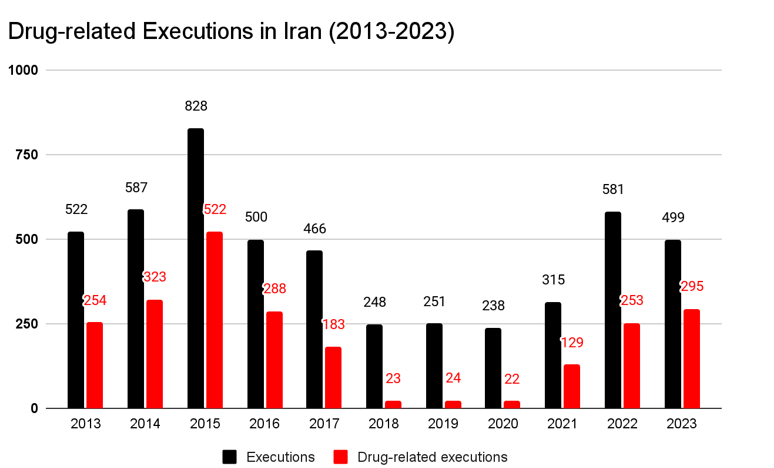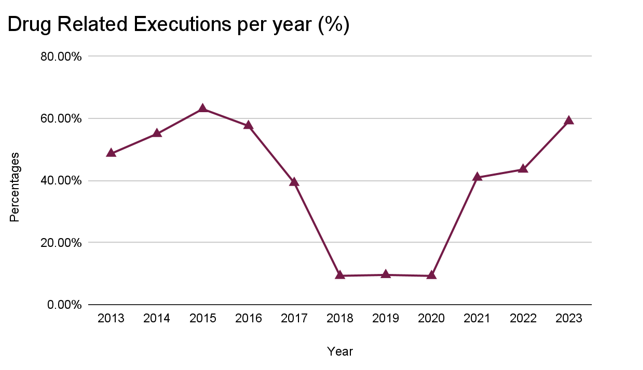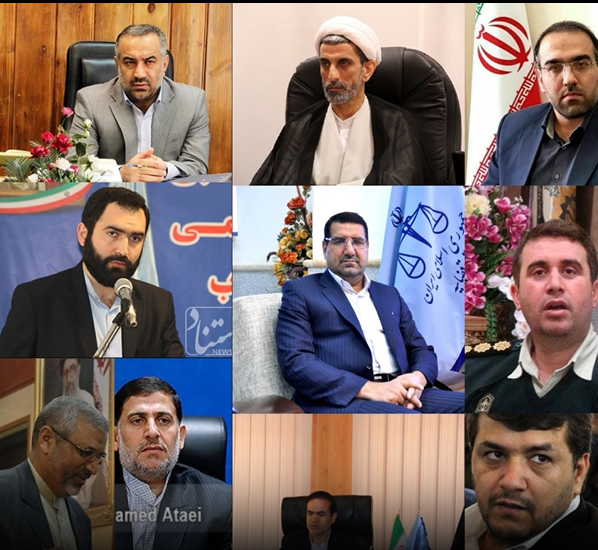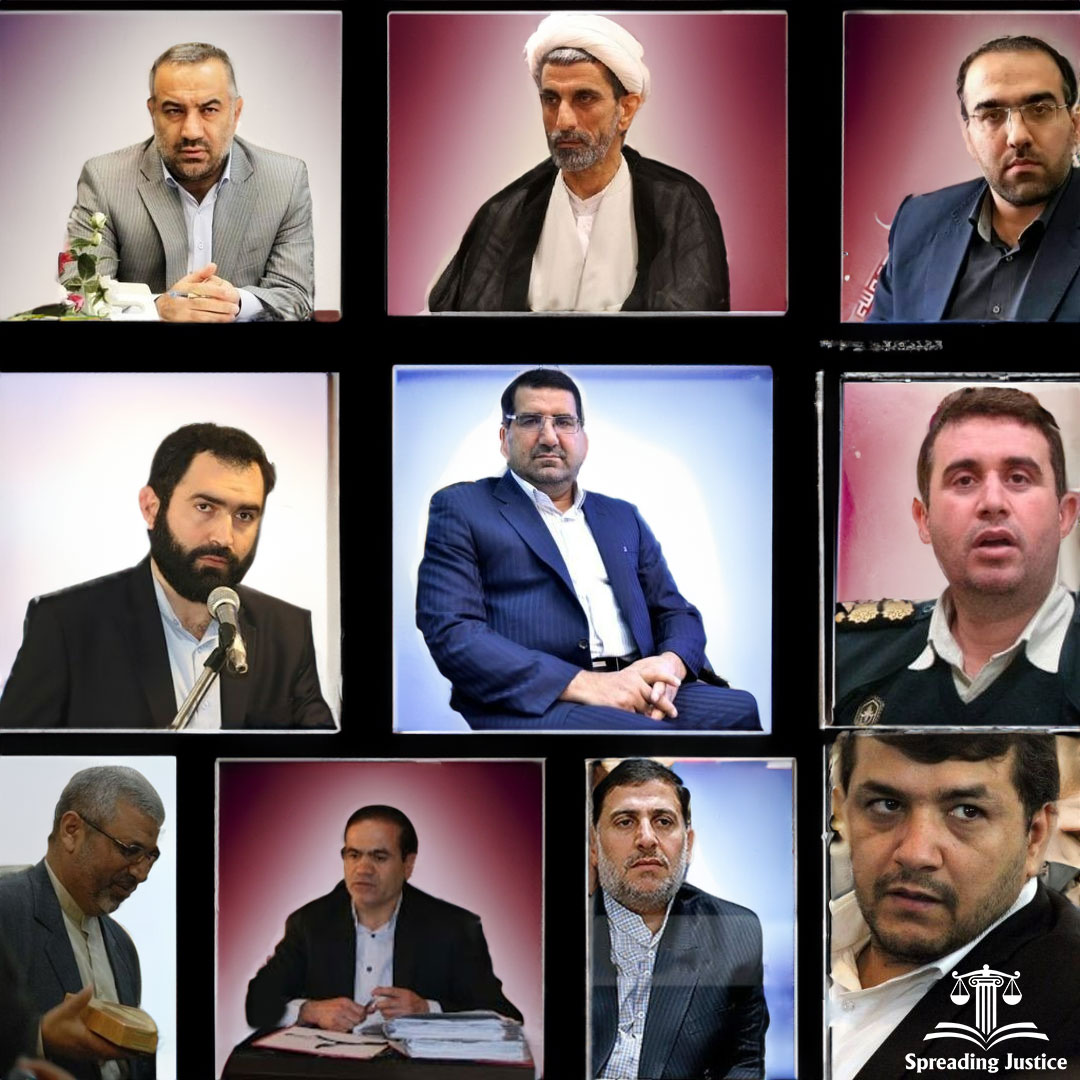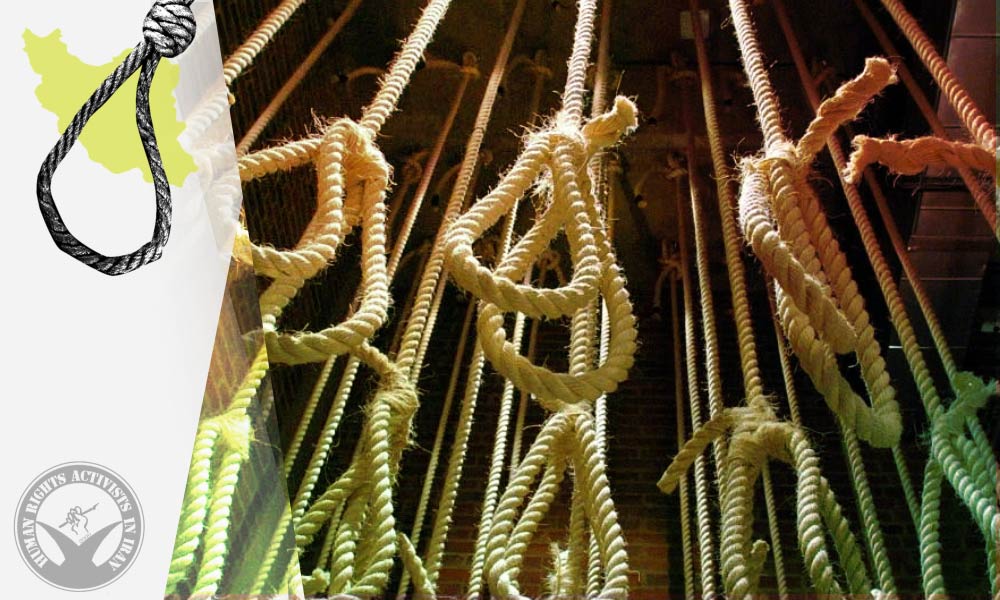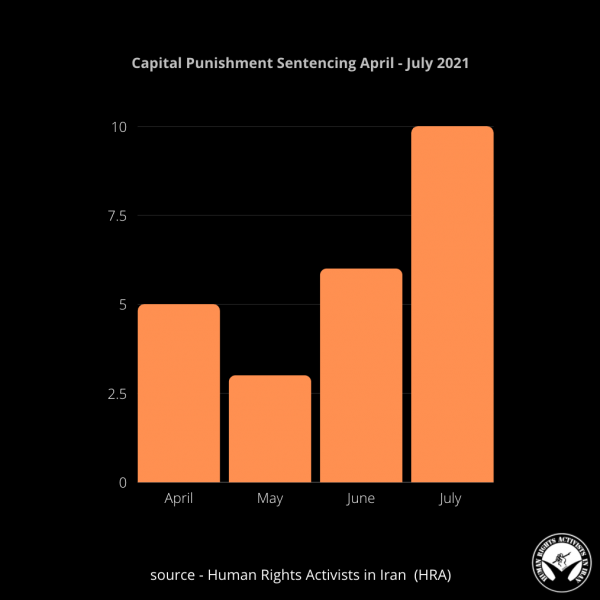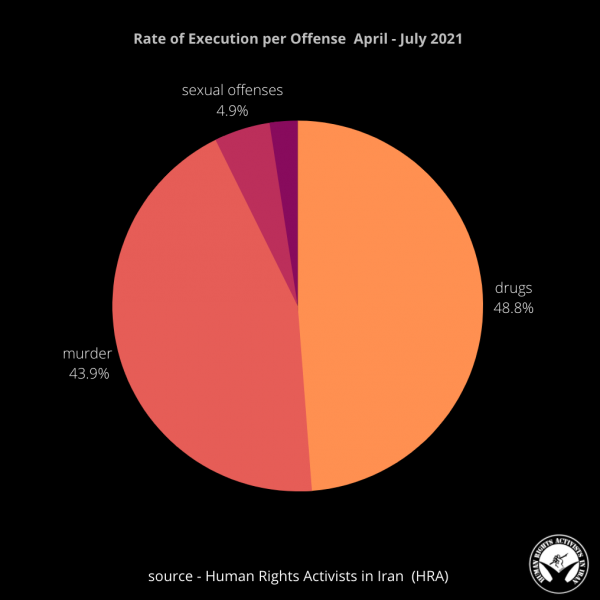By Miriam Berger, The Washington Post, May 17, 2023 at 4:52 p.m. EDT
Cars and crowds gathered outside Dastgerd prison in the Iranian city of Isfahan on Sunday night, in the hopes that their demonstration could halt the execution of three men facing death on charges connected to the anti-government protests that began last year and swept the country.
Days earlier, Iran’s state broadcaster had aired footage of the harried-looking men — Majid Kazemi, Saeed Yaqoubi and Saleh Mirhashemi — appearing to confess and incriminate one another. Rights groups said the statements, which authorities often air ahead of executions, were very likely given under torture or duress.
The men survived the night. But the executions, for which authorities have not publicly provided a date, are thought to be imminent. The three are not alone: In response to the protests, Tehran has wielded the threat of capital punishment to crack down on and deter dissent, local and international rights groups say, amid a spate of executions in 2023 — at least 209 in just five months, according to the United Nations.
Executions overall were on the rise in Iran last year, according to human rights group Amnesty International’s annual report on global executions, released this week — a trend that appears set to continue.
Since December, Iran has executed four men for alleged crimes committed during the protests. Forty have been charged with capital offenses and the Supreme Court has upheld eight cases, the Isfahan ones included, according to Skylar Thompson, the head of global advocacy and accountability at HRANA, a Virginia-based activist news agency focused on Iran.
The three men are accused of fatally shooting two members of the Islamic Revolutionary Guard Corps’s Basij volunteer force, and one police officer, on Nov. 16, 2022, during the height of the “women, life, freedom” movement that erupted this fall amid protests rejecting clerical rule. The ordeal became known as the Isfahan House case after a historical site close to the alleged attack.
The three men were arrested on Nov. 21. After a swift trial, one of the judges most associated with sentencing protesters to hang found them guilty of “waging war against god,” a charge that can merit the death penalty under Iran’s legal system, which is based on a strict interpretation of Islamic law.
Advocates say the government did not present credible evidence of a connection between the defendants and the bullets and guns allegedly used in the killings, or a consistent account of the central facts of the case. The defendants were reportedly denied access to a lawyer of their choosing — as is the norm in Iran’s Revolutionary Courts, which serve as a parallel legal system to protect the Islamic republic.
Soon after the trial, Kazemi called his mother from Isfahan’s Dastgerd prison and told her they were tortured and forced to confess, according to the family. “We were told to say these things in court all of it under torture. I did not have any gun or do anything,” Kazemi told his fiancee, according to a recording of the call obtained by HRANA, which The Washington Post has not verified independently. A judge upheld the ruling in early May.
On Monday, Gholamhossein Mohseni Ejehi, the head of Iran’s judiciary, said that his institution would use “the utmost decisiveness and speed of action” in cases of killed Iranian security forces, according to comments carried by state media outlets. He did not directly address the Isfahan case.
Before his arrest, Kazemi, 31, had a business making copper kitchenware, according to news reports. Mirhashemi, 36, is a karate champion and bodybuilder instructor. Yaqoubi, 38, worked at a real estate company and was the sole caretaker of his elderly parents, Thompson said.
More than 20,000 people were arrested and at least 500 people killed during the anti-government protest movement that swept Iran for months after the death of 22-year-old Mahsa Amini in mid-September, in the custody of the country’s so-called morality police. Iranian authorities have released many protesters starting in February but have simultaneously stepped up enforcement of mandatory hijabs for women.
In tandem with the ongoing political repression, Iran has carried out this year a “frightening” spate of executions unrelated to the protest movement, mainly of men from minority communities charged with drug offenses, U.N. rights chief Volker Turk said in a recent statement. The country’s more than 200 executions this year form an “abominable record” amounting to about 10 people killed each week, in a country among those leading the world in executions.
Exact figures are likely higher yet impossible to determine: there is little transparency around charges, trials and the outcomes of these cases. Families of those executed or on death row are often under extreme government pressure to stay silent.
Last year, Iran executed at least 576 people, an increase of 83 percent from the previous year’s record of at least 314 people, according to the Amnesty International report.
The recent “alarming surge in executions” is part of a broader pattern of impunity that’s been ongoing for years, said Thompson. Individual cases often draw international attention for a period, she said. But executions continue “because of a complete lack of accountability.”
“In the meantime, people’s lives hang in the balance,” she said.
